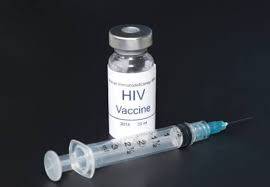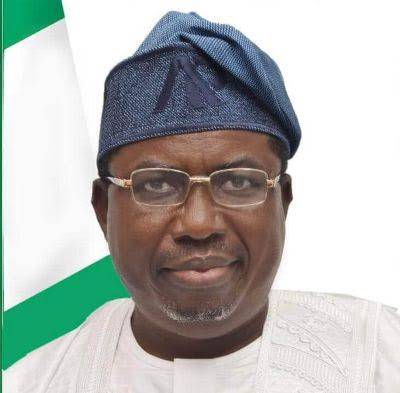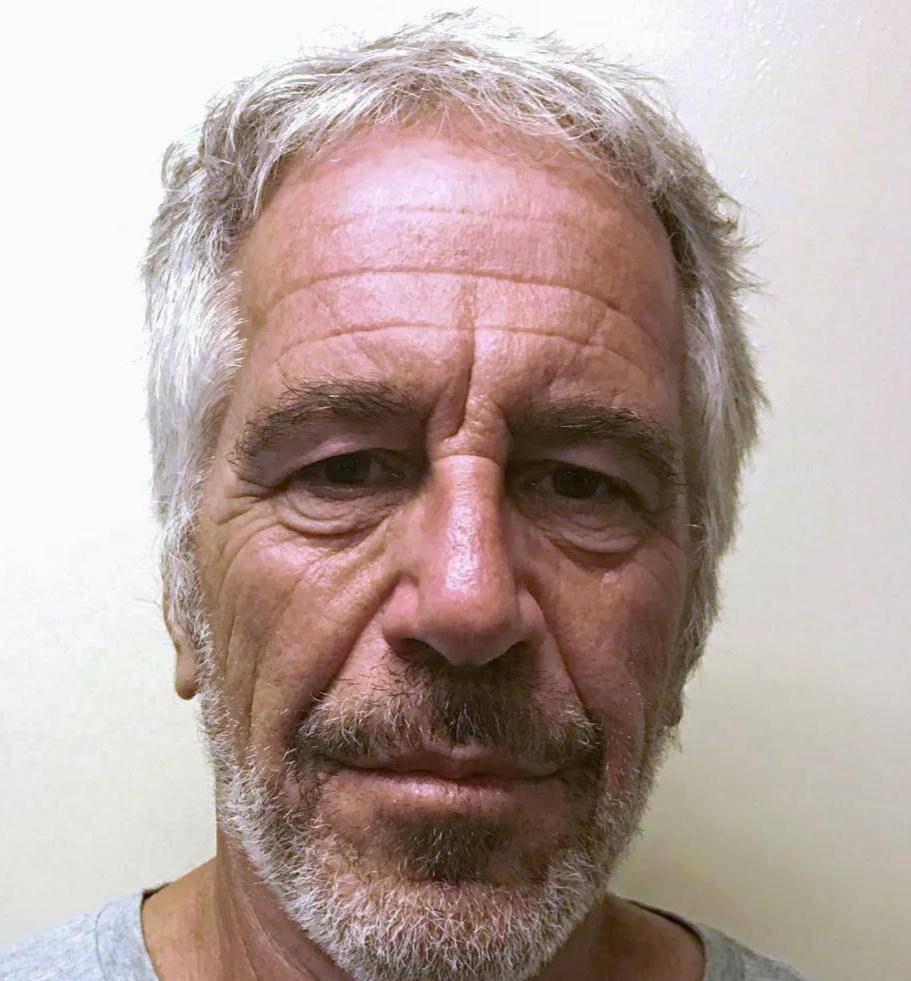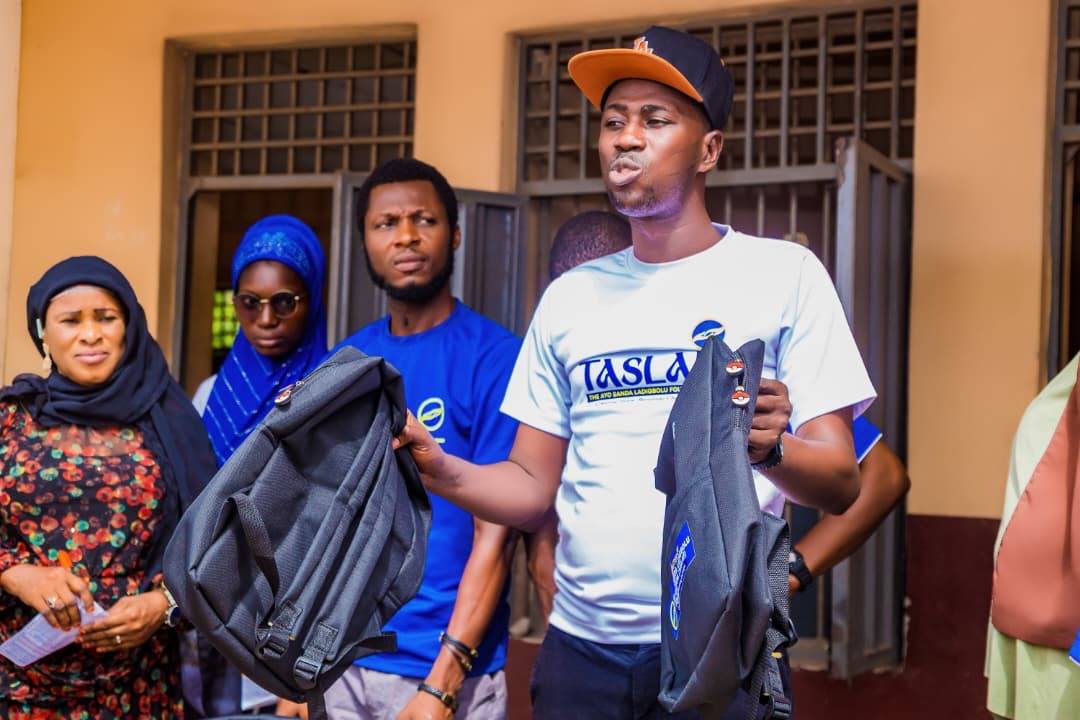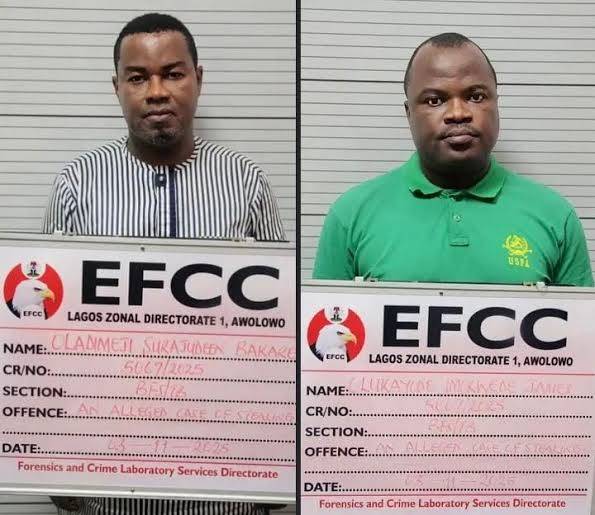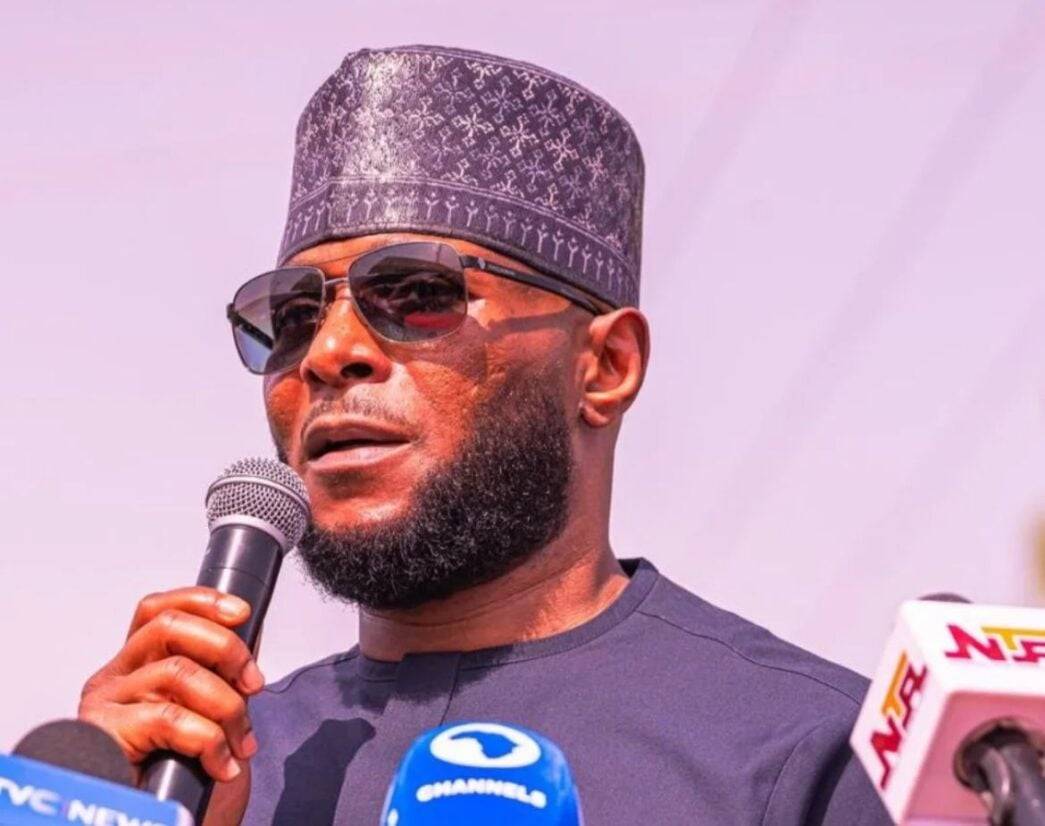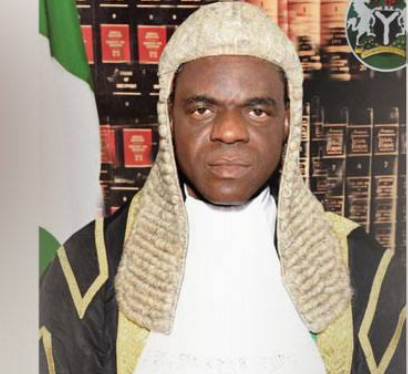The Association of Telecommunications Companies of Nigeria (ATCON) has called on the three tiers of government (Federal, State and Local) to see telecoms operators as development partners.
ATCON said this has become highly essential if rapid development must cover the entire country and the dearth of infrastructure must be bridged.
ATCON President, Ikechukwu Nnamani, stated this at the national stakeholder’s summit on protecting the integrity of Nigeria’s critical infrastructure monuments and business assets, in Abuja.
Nnamani defined Critical National Assets and Infrastructure (CNAI) as assets, services and systems that support the economic, political and social life of a nation.
He said they cut across every sector necessary to maintain normalcy in daily life, adding that the sectors include ICT, energy, financial, commercial facilities, critical manufacturing, dams, emergency services, food and agriculture, chemicals supply, government facilities, healthcare, transportation, water supply, waste management, and education facilities, amongst others.
He, however, said the state of the Nigerian critical infrastructure, monuments and business assets, unfortunately, will not result in the maximum benefits to the citizens.
According to him, despite the key benefits that accrue to the Nigerian state from these objectives, a lot still needs to be done to ensure maximum benefits to the country.
He listed the key challenges being faced in the area of Nigeria’s critical infrastructure to include the uneven spread of critical infrastructure across the country; vandalism and theft; lack of cooperation by many states and local governments with the private sector to enable implementation of much-needed infrastructure; destruction of infrastructure as a result of security unrest in parts of the country; lack of human capital and lack of adequate funding.
The ATCON president listed challenges being faced in the area of monuments and artefacts to include lack of maintenance culture; lack of proper inventory and identification; theft and vandalism and need for the creation of new monuments and artifacts.
Despite these challenges, Nnamani is gladdened by the efforts being made to address these issues.
He said the efforts by the office of the National Security Adviser (NSA) in developing policies and guidelines to protect the critical infrastructure remain commendable.
According to him, the latest edition of Nigeria’s National Security Strategy (NNSS) 2019, captured and emphasised the urgent need for safeguarding these assets. “Key components of the strategy document include the objectives of identifying, classifying and prioritising Critical National Assets and Infrastructure (CNAI) and to determine appropriate levels of protection required for each CNAI or groups of CNAI; enhance the resilience of CNAI to hazards, and minimize the effect of attacks or disasters on CNAI.”
Additionally, he said the NNSS captured the propensity of the government for the development of a geographical information system (GIS)-based decision support tool, which the networks of all stakeholders with contingencies and emergency responses to CNAI protection can contact.
He also noted the digitisation of the economy being led by the Minister of Communication and Digital Economy through the agencies within the Ministry – Nigerian Communications Commission (NCC), National Information Technology Development Agency (NITDA), among others, which has put the country in the right path towards ensuring this Critical National Infrastructure is not only developed but also well protected.
Going forward, Nnamani said Nigeria has to take full advantage of modern technology in addressing the challenges confronting its critical infrastructure, monuments and business assets.
“Technology exists today to fully monitor the entire critical infrastructure in the country. Internet of Things presents a great opportunity to have real-time visibility on the critical assets and also provides an opportunity to predict when a national asset is about to be vandalised as well as the appropriate steps are taken to address the source before it is too late. For instance, technology exists today to identify when a road construction work is getting close to fiber optics installation and efforts can be made to address the threat before it is too late.
“Blockchain technology offers a great opportunity to digitally tag all monuments and artefacts and give them a universal identity against future theft. This is currently being used in protecting endangered species and track assets such as diamonds and precious metals,” he stated.
According to him, as Nigeria’s economy goes full digital and more critical services are managed online, cyber security becomes a major challenge to be tackled by entities both within and outside the country. He said a strong cyber security workforce must be developed to protect the critical assets of the country.
“The security agencies must be adequately funded and trained to confront national security challenges. The judicial system must be strengthened so that those found culpable in damaging critical national infrastructure will be adequately punished as a deterrent to others,” the ATCON president stressed.



